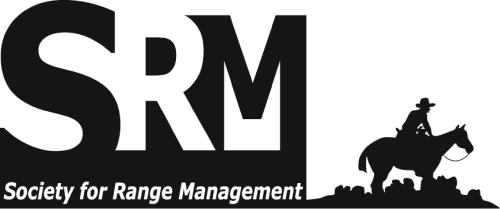This forum manuscript examines the importance of grazing lands for sequestering soil organic carbon (SOC), providing societal benefits, and potential influences on them of emerging policies and legislation. Global estimates are that grazing lands occupy, 3.6 billion ha and account for about one-fourth of potential carbon (C) sequestration in world soils. They remove the equivalent of < 20% of the carbon dioxide (CO2) released annually into the earth’s atmosphere from global deforestation and land-use changes. Atmospheric CO2 enters grazing lands soils through photosynthetic assimilation by green plants, subsequent cycling, and sequestration of some of that C as SOC to in turn contribute to the ability of grazing lands to provide societal (environmental and economic) benefits in every country where they exist. Environmental benefits provided include maintenance and well-being of immediate and surrounding soil and water resources, air quality, human and wildlife habitat, and esthetics. Grazing lands contribute to the economic well-being of those living on the land, to trade, and to exchange of goods and services derived from them at local, regional, or national levels. Rates of SOC sequestration vary with climate, soil, and management; examples and conditions selected from US literature illustrate the SOC sequestration that might be achieved. Public efforts, policy considerations, and research in the United States illustrate possible alternatives that impact grazing lands. Discussion of US policy issues related to SOC sequestration and global climate change reflect the importance attached to these topics and of pending legislative initiatives in the United States. Addressing primarily US policy does not lessen the importance of such issues in other countries, but allows an in-depth analysis of legislation, US Department of Agriculture program efforts, soil C credits in greenhouse gas markets, and research needs. The Rangeland Ecology & Management archives are made available by the Society for Range Management and the University of Arizona Libraries. Contact lbry-journals@email.arizona.edu for further information. Migrated from OJS platform August 2020

Scholarly peer-reviewed articles published by the Society for Range Management. Access articles on a rolling-window basis from vol. 1, 1948 up to 5 years from the current year. Formerly Journal of Range Management (JRM). More recent content is available by subscription from SRM.